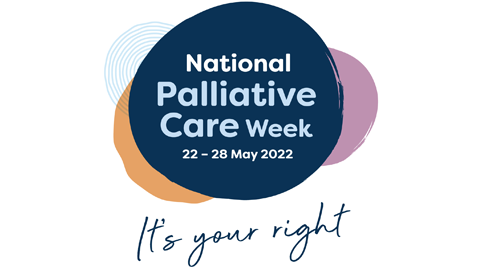May is National Crohn's and Colitis Awareness Month which offers an opportunity for people living with Crohn’s or ulcerative colitis to speak up and remove the stigma around IBD to increase the public’s understanding.
With more than 100,000 Australians living with Crohn’s disease or ulcerative colitis, inflammatory bowel disease (IBD) is an illness that can impact people of all ages. IBD affects 1 in every 250 people.
Crohn’s disease and ulcerative colitis are the two most common types of IBD. While most people are diagnosed with IBD between the ages of 14 and 25, it can affect anyone at any stage of life
Victoria’s Minister for Police and Water, the Honourable Lisa Neville, was diagnosed with Crohn’s disease in 1988.
As a young woman, Ms Neville found it difficult to come to terms with this hidden illness, especially given the consequences when not managed well, or during a flare up.
“It has taken many years to understand the extent that Crohn’s can affect different parts of the body and cause significant pain. Discovering the impact on my skin and eyes, the potential for abscesses and fistulas and the impact surgery can have, even though it can help with a remission.
“It has taken me a long time to really understand the breadth of the various symptoms that can occur anywhere in my gastrointestinal tract and other parts of my digestive system. I know now how important it is to identify risks that might need early treatment to prevent a flare and know how to best manage my day with treatment and medication,” Ms Neville said.
Access to support and resources can be even more challenging for those living regionally with IBD.
Patrick Lickiss was a teenager given limited information and limited time to process his diagnosis of Crohn’s disease before surgery.
“With limited services in regional Australia, there is often less support and information for those living with IBD in these areas. But I have mostly been affected by the lack of contact with other people experiencing IBD. I didn’t realise this was missing until I met people at a support group and felt a very overwhelming and uplifting sense of vindication for my independence developed through my experience of IBD,” he said.
He set up a support group in his local area of Geelong through the service offered by Crohn’s & Colitis Australia (CCA).
“I was supported every step of the way and given full autonomy to create a safe space within my community. CCA’s information, helpline and awareness month are also invaluable in terms of increasing understanding of the disease,” Mr Lickiss said.
Anyone diagnosed with Crohn’s or colitis can join CCA, a community that understands. For more information visit Crohn's and Colitis Australia or call 1800 138 029.


